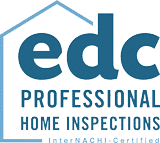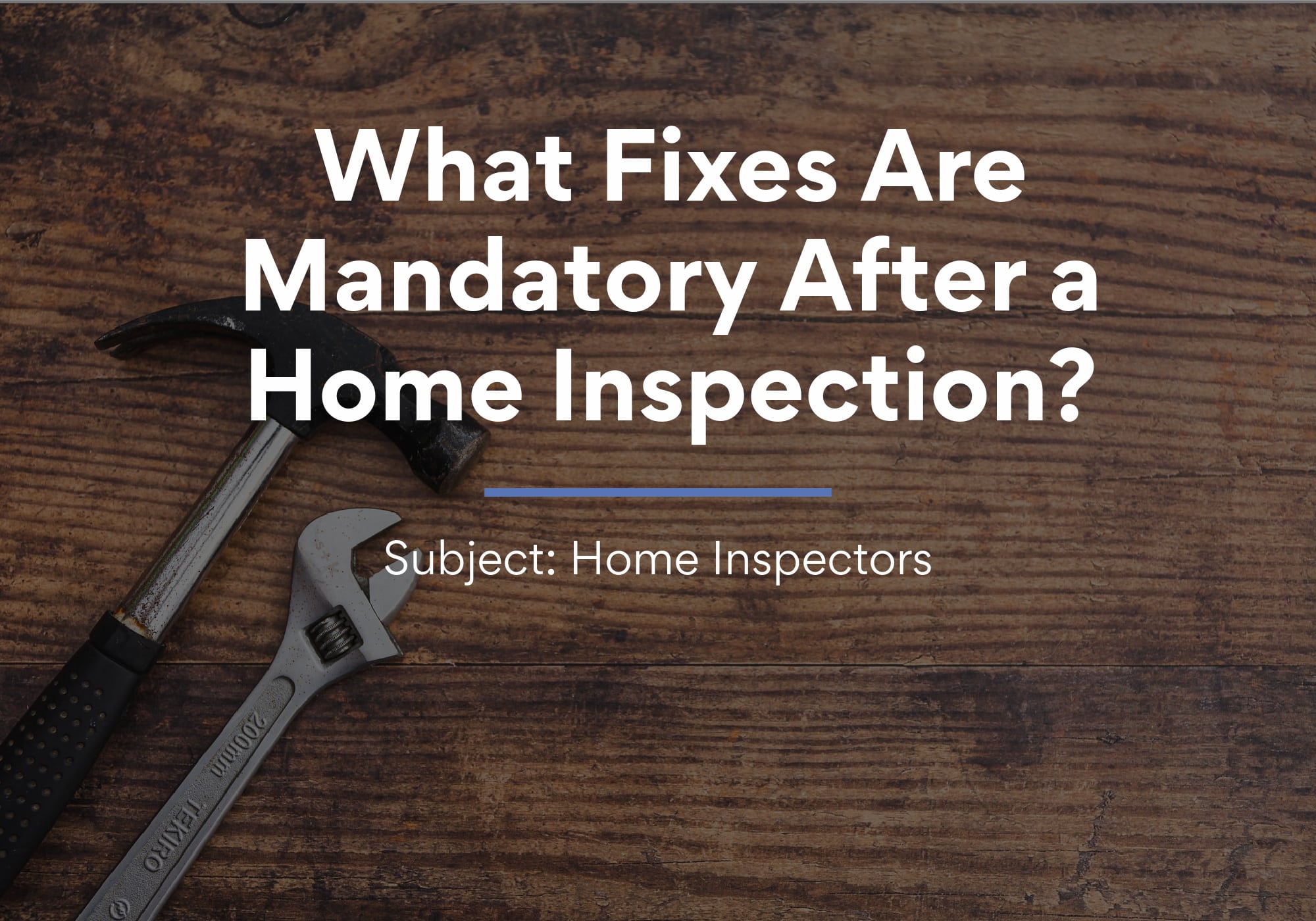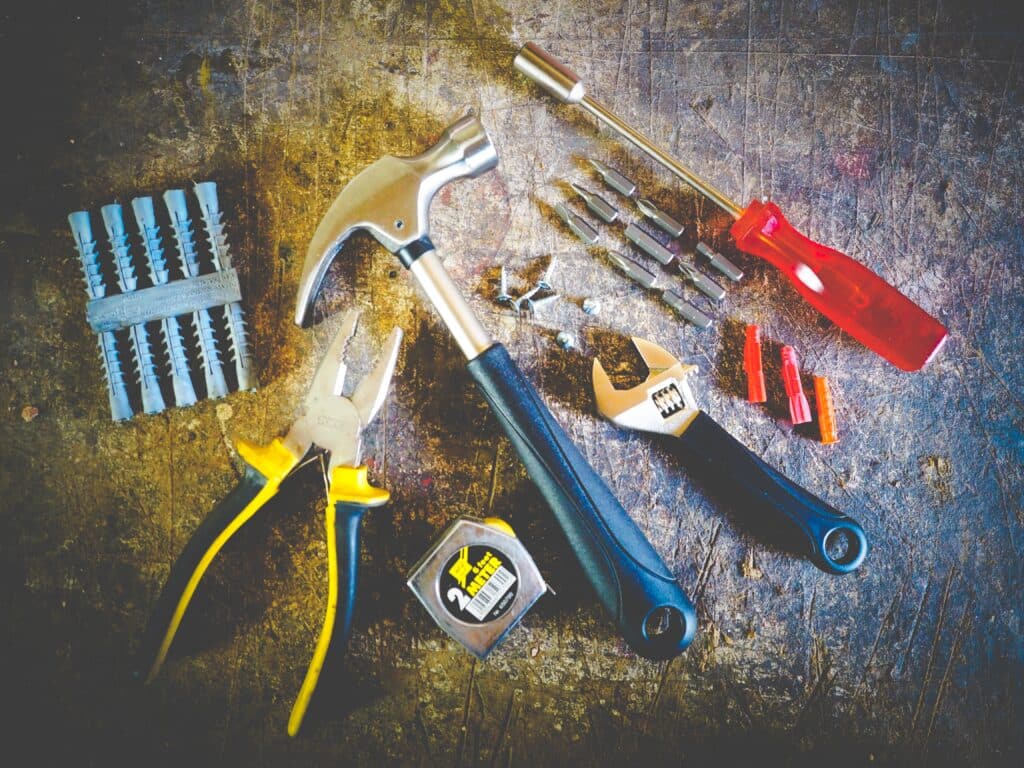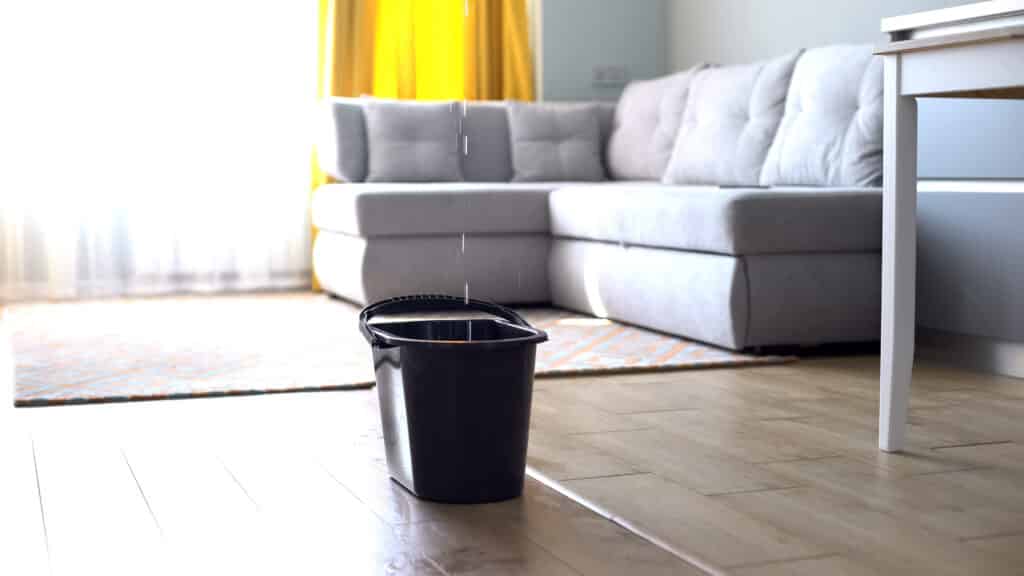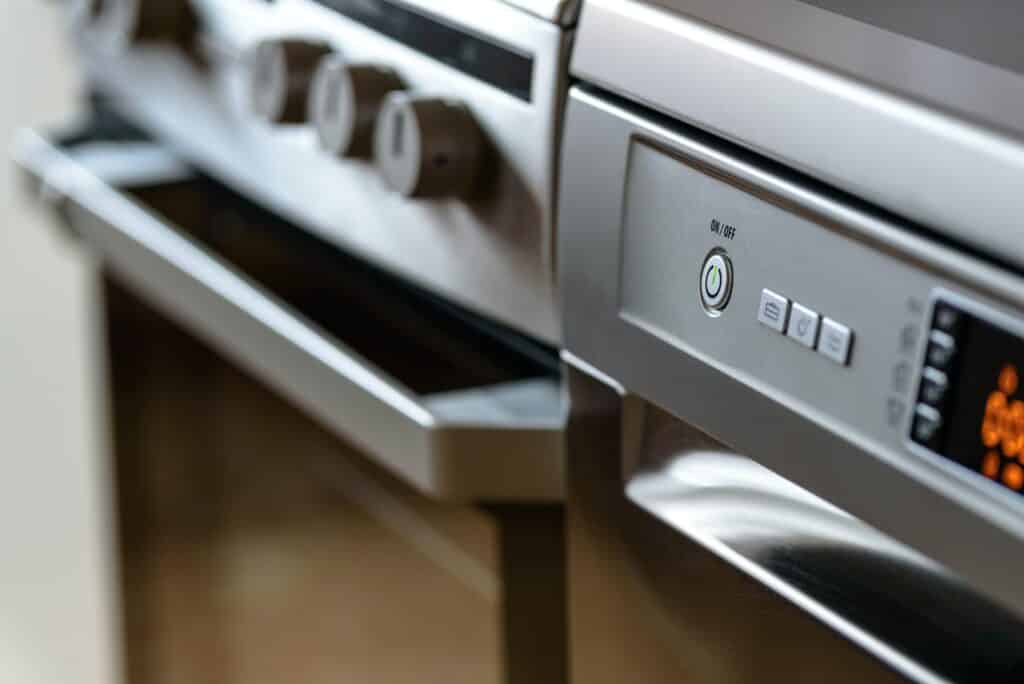The home inspection report came back with a long list of findings.
What do you take care of first? What fixes are mandatory after a home inspection?
You’ve finally found your Dream Home! There’s only one problem: the home inspection report. There are a ton of issues that need to be addressed and you’re on a limited budget. Which repairs should you do first? Which ones can you skip? Can you even afford this house? What questions should I ask my home inspector?
We deal with questions like this every day. People are frequently intimidated by their home inspection reports, but having an expert on your side can make the whole process easier.
In this article, we’ll tell you what fixes are mandatory after a home inspection and which ones can wait until later.
At Least You Got a Home Inspection!
We know it can be overwhelming when the inspection report comes back with a laundry list of findings. But there are two things to remember:
- No inspection report will ever be clear of findings. (There is no such thing as a “perfect” house.)
- Finding issues ahead of time is exactly why home inspections are so important.
Instead of getting upset at the findings from the inspection, you have a choice: buy the home as-is, negotiate the price, or walk away.
While it can be upsetting to say goodbye to that huge yard, stunning pool, or perfect floorplan that made you fall in love with the house in the first place, at least you were able to discover its issues before you moved in.
What Fixes Are Mandatory After a Home Inspection?
As long as you are purchasing a homesteaded residential property, there aren’t any fixes that are “mandatory.”
Legally, you are permitted to buy a home in any condition (as long as your lender approves). However, most homebuyers don’t want to buy a home that needs a lot of work. Home renovations take a lot of time, money, and energy…things that the average homeowner may not have at their disposal.
The key is prioritizing the findings on the home inspection report so that you spend your time, money, and energy efficiently. So, how do you do that?
Prioritizing Fixes
You may have heard designers and contractors tell you to start with cheap projects first to get the biggest bang for your buck. This is perfectly good advice for a home you already live in, but when it comes to purchasing a new home for your family to live in full-time, you’re going to have very different priorities.
We’ve sorted some common inspection findings into three categories to let you know how soon after closing you should take care of them.
Before You Move In
These are the dangerous and/or expensive findings, so you’ll want to take care of them before you start packing up boxes.
-
- Roof Issues – Your roof is your home’s main form of protection against water intrusion (something Floridians should know a lot about). Putting off roof repairs leaves you vulnerable to water damage and could jeopardize your insurance coverage.
- Water Damage – There are few things more destructive than water. From floods to leaks, water intrusion can lead to mold growth, wood rot, and even pest infestations.
- Electrical – In this day and age, most people take electricity for granted. But there’s a lot that goes on behind your walls. Fire is much too dangerous not to take electrical problems seriously.
- HVAC – Throughout much of the country, homes don’t have central heating/cooling. But it’s not optional in Florida. High summer temps and humidity (i.e. mold) mean you want to make your HVAC system a priority.
- Structural Issues – Houses are meant to be a form of protection for you, your family, and your belongings. Cracked foundations, sagging joists, and compromised walls put all of that in jeopardy.
- Safety Threats – Anything that threatens the safety of you and your family needs to be tackled ASAP.
As Soon as You Can
If the last category was “find the money to fix it…now,” this category is more “fix it when you can.”
If you have any of these findings on your home inspection report, your home will be perfectly liveable, but you’ll want to take care of them as soon as possible before they cause any further damage or safety hazards.
- Leaky Faucets – That annoying drip…drip…drip that keeps you up at night probably isn’t going to cause any water damage (unless your pipes have a leak), but it’ll definitely cost you in water bills over time.
- Faulty Locks – A lock that doesn’t, well, lock is as good as an open door to a burglar.
- Broken Appliances – Sure, you can live without a fridge, dishwasher, washer/dryer, or garbage disposal, but not without a huge change of lifestyle. Replace them as soon as you’re able.
- Door and Window Sealing – If light can get around the edges of your doors and windows, so can water and bugs. Luckily, this is a quick fix that only requires a tube of caulk.
- Wood Destroying Organisms – Florida’s humidity and mild winters make pests a year-long problem. As well as the “yuck” factor, pests like rodents, rats, termites, and carpenter ants can bring disease or damage your home.
- Smoke and Carbon Monoxide Detectors – Properly working smoke and carbon monoxide detectors are a small investment with a huge payoff.
- Radon – This radioactive gas isn’t as much of a concern in Central Florida, but if you live in an area known to have high levels of radon (such as North Dakota or Iowa), you should take steps to lower your exposure.
Whenever You Want
This last category isn’t necessary by any means, but are things that most homeowners like to have on the “To Do” list. Put away a little bit every month and tackle them one at a time as you see fit.
- Attic Insulation – While not exactly a “glamorous” project (after all, who sees inside your attic?), installing attic insulation can save you a lot of money in heating and cooling bills.
- Asbestos – While it is known to cause cancer, asbestos isn’t dangerous until it gets moved around and those fibers are released into the air. You’re fine to leave it, but remember that you’ll need to save up for the removal if it interferes with home renovations in the future.
- Cosmetic Fixes – Don’t like the paint color in the kitchen? Hate the light fixture in the foyer? These are easy fixes, as long as you have a good home tool kit to work with.
Conclusion
When you put an offer on a house, you’re likely filled with excitement about your new address, which can make it even more disappointing when the home inspection report comes back with a long list of things that must be remedied.
Home repairs and renovations can get expensive, which is why it’s important to know what fixes are mandatory after a home inspection and which can wait until later.
Of course, being able to properly prioritize home repairs depends on having as thorough and accurate a home inspection as possible.
EDC Professional Home Inspections is owned and operated by a certified Master Inspector with a background in construction and engineering. This means you can rely on the accuracy of our thorough inspections and on our 100-day warranty.
